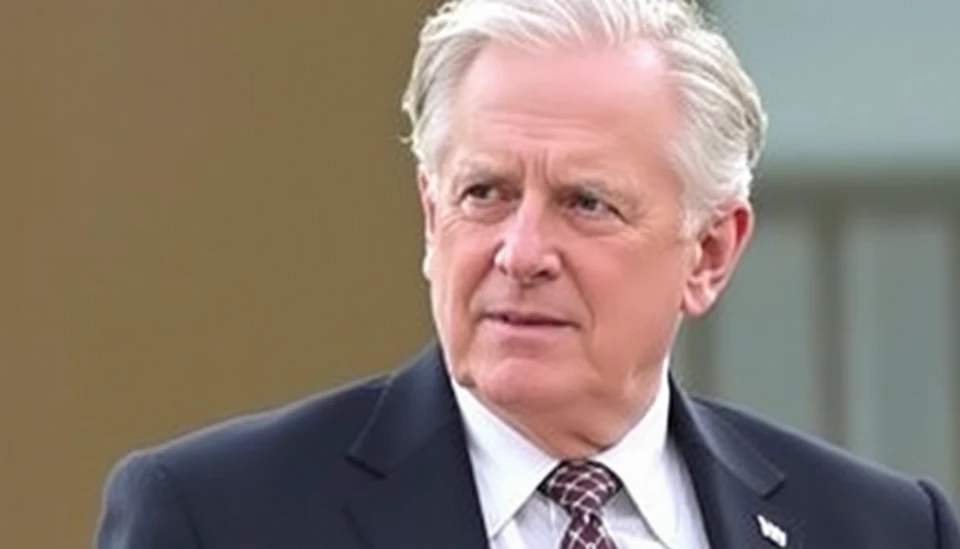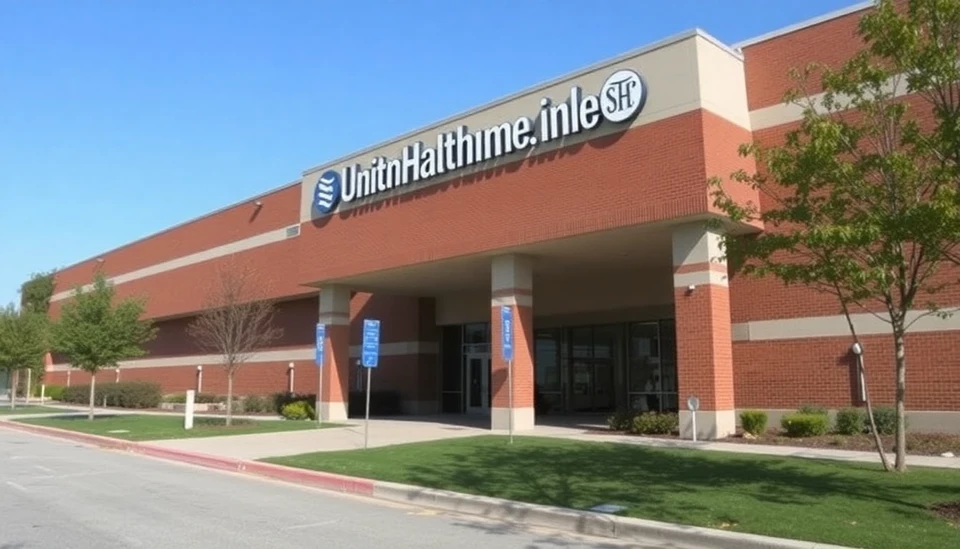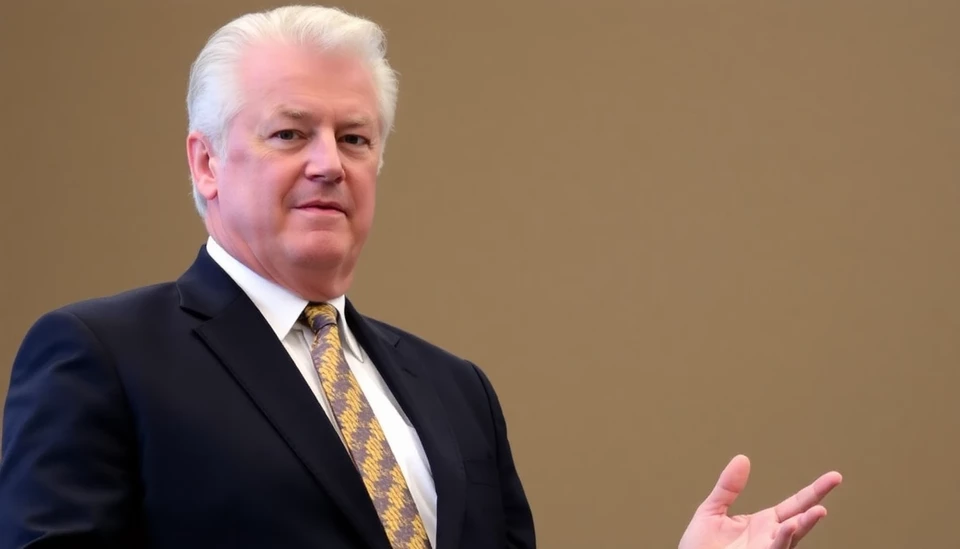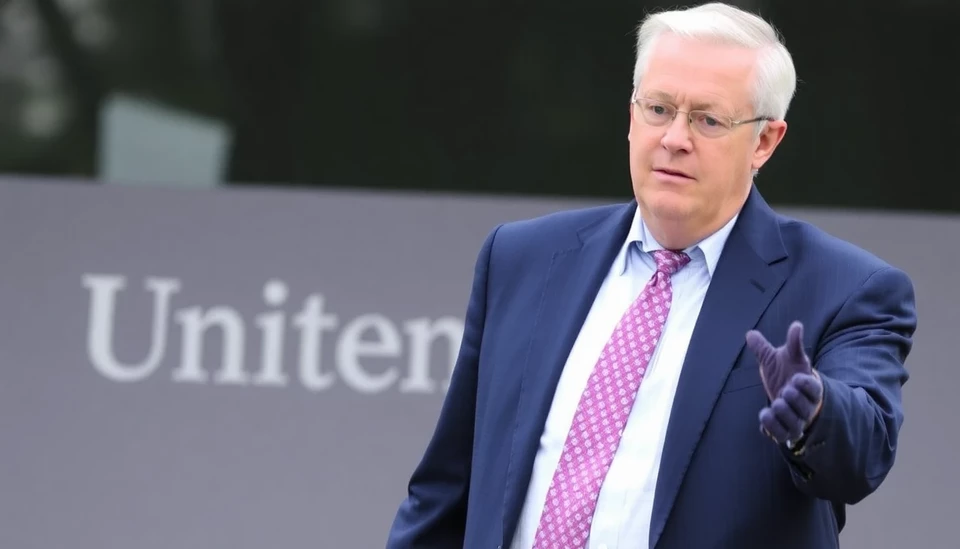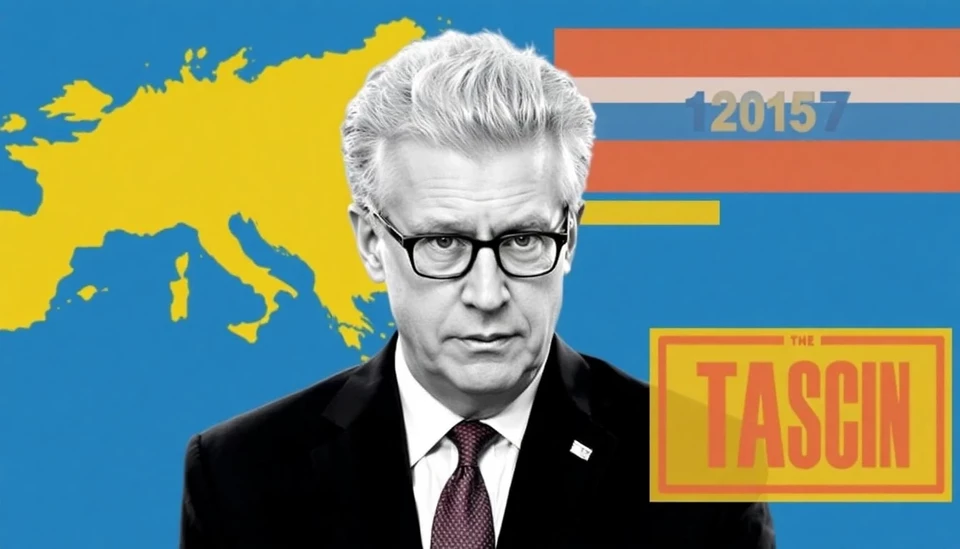
In a striking commentary, renowned investor Bill Ackman has labeled the tariffs imposed by former President Donald Trump as "a mistake" and "massively excessive." His remarks come amidst ongoing discussions about trade policies aimed at shaping the economic landscape of the United States. Ackman's assertion that these tariffs are misaligned with the country's interests could potentially reshape discussions about economic recovery and trade negotiations moving forward.
Ackman, the founder of Pershing Square Capital Management, has gained a reputation for his outspoken opinions on various economic issues. During a recent interview, he reflected on the implications of these tariffs on American consumers and businesses. He stated that the imposition of tariffs not only increases costs for consumers but also impacts the competitiveness of U.S. businesses in a global market. His arguments highlight the delicate balance policymakers must strike between protecting domestic industries and fostering international economic relationships.
The topic of tariffs has been a contentious one in American politics, particularly during the Trump administration when protectionist policies were aggressively pursued. Ackman's critique suggests a growing sentiment that prioritizing burgeoning global trade and collaboration may ultimately yield better results for the U.S. economy than isolationist tendencies.
Furthermore, as the U.S. grapples with recovery from the pandemic-induced economic downturn, Ackman's perspective may resonate with an increasing number of economists who advocate for more open trade policies. He emphasized in his commentary that sustainable economic growth relies on reducing trade barriers rather than erecting them. This viewpoint is especially pertinent as businesses across various sectors strive to rebound from disruptions in supply chains and consumer spending patterns.
Looking ahead, Ackman's comments challenge both current and future policymakers to reconsider the trajectory of trade policies as they formulate strategies to boost economic recovery. By promoting dialogue around lowering tariffs and enhancing trade partnerships, there is potential for a more robust economic environment that benefits both American consumers and industries alike.
As discussions surrounding the future of trade policies continue to unfold, Ackman's call to reassess the tariff strategy serves as a crucial reminder of the complexities involved in navigating the global economy. It underscores the need for informed and thoughtful policy-making that prioritizes long-term economic health over short-term protections.
In conclusion, as the debates around tariffs and their efficacy persist, Ackman's voice adds to a growing chorus advocating for changes that could redefine the U.S. economic landscape in the years to come.
#Ackman #TrumpTariffs #TradePolicy #EconomicGrowth #GlobalTrade #TariffDebate #PolicyMaking
Author: Rachel Greene

